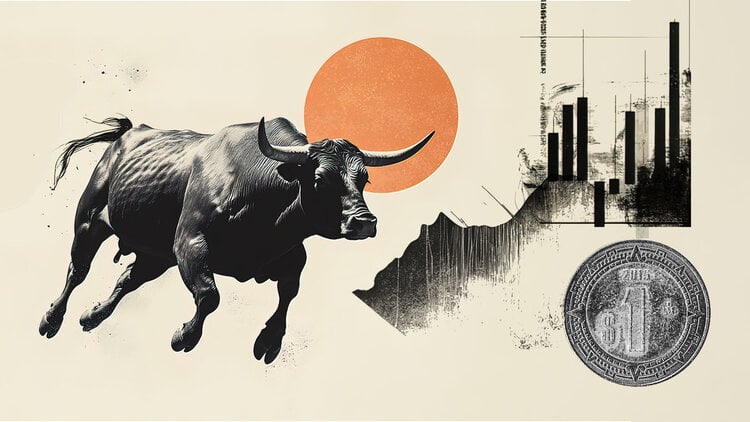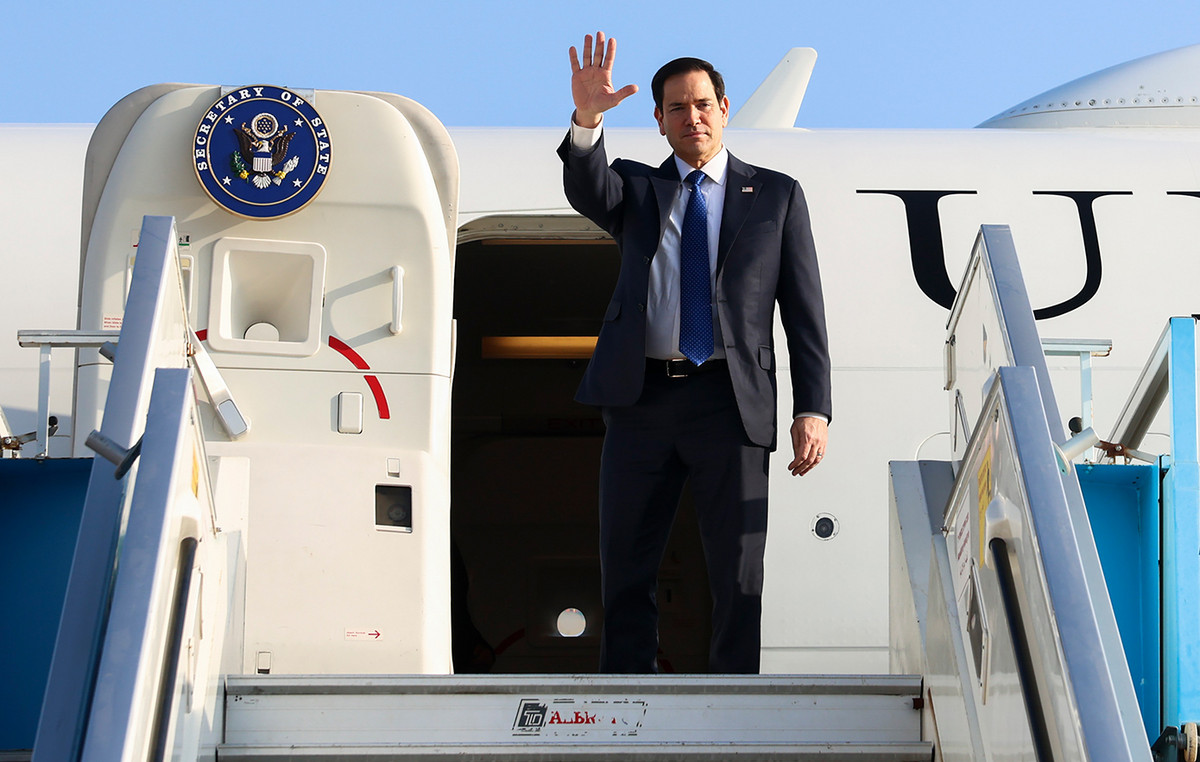The Beijing Winter Olympics are being held inside a veritable fortress – known informally as a “bubble” – that takes weeks of careful planning to get inside. Designed to stop the spread of Covid-19, the bubble is the most ambitious quarantine ever done anywhere since the start of the pandemic.
The journey inside begins with a copy of the “Manual”, an 83-page rulebook described by Olympic officials as a “way of life”.
The guide instructs participants to do the Upload of their daily temperature measurements on an app 14 days before the Games and to self-isolate during this period to avoid infections. As cases of the Omicron variant of the coronavirus are emerging in Tokyo, where I live, I didn’t take any chances.
When I left for Beijing, I was fully vaccinated, tested negative for Covid twice, and packed my suitcase with face masks and snacks to eat in case any tests came back positive and I was forced to self-isolate for the entirety of the Games.
Keeping social distance was easy on my nearly empty ANA Airlines “special flight” from Tokyo, chartered to transport people on their way to the Games.
As we approached Beijing, the smog outside the window tinted the view a dusty brown.
When we landed, workers in full protective suits were waiting on the tarmac to spray our bags with disinfectant as they were being unloaded from the plane.
Walking from the plane to the terminal was like stepping into a medical facility rather than an Olympic host city.
Workers dressed in white, with full-body protective gear, goggles and masks guided passengers through the airport.
Beijing International Airport, once one of the busiest in Asia, looked practically deserted.
Olympic posters and “Welcome to Beijing” welcoming signs covered empty hallways where workers waited to take my temperature.
We were then taken directly to a makeshift test site made up of dozens of cubicles.
After getting tested for Covid – with a painful nose and throat swab – I went through immigration and customs.
The entire process was relatively smooth, albeit surreal, and requires great organization and manpower.
Airport staff and volunteers cannot return home at the end of their shifts to prevent the possible spread of the virus in the city.
This means that they will be away from their families during Lunar New Year (or Chinese New Year), the most important holiday in China, which fell on Tuesday (1st).
When I stopped to collect my bags, a group of masked workers in protective suits asked to take a selfie with me.
I took a bus along with about 10 other people who had arrived. The front of the bus was sealed, forming a transparent wall – separating us from the driver. We also had our own dedicated lane, allowing the bus to pass other vehicles stuck in Beijing’s notoriously bad traffic.
I had officially entered what the Olympic organizers call a “closed loop” – a system of multiple bubbles – including venues, conference centers and hotels – connected by dedicated transport.
The circuit stretches over 64 kilometers northwest of Beijing to Yanqing District, home to the alpine skiing competition, and over 97 kilometers to Zhangjiakou, where cross-country skiing and other competitions will be held.
These venues are connected to Beijing by high-speed trains, with sections dedicated to Olympic participants. It’s an ambitious system designed to keep the Olympics completely separate from the rest of the Chinese population, which is largely Covid-free.
The “closed loop” is so strict that Beijing police have urged residents not to help any Olympic vehicles that may be involved in an accident to avoid bursting the bubble. Authorities say there are special doctors to respond to such accidents.
China largely closed its borders in March 2020 and it is still difficult to enter due to lack of flights and limited visa approval. This is the first time I’ve been back to the country since moving to Japan from Beijing 18 months ago – I’m allowed to cover the Games with press credentials.
Since the beginning of the pandemic, I have gone through five quarantines in Beijing, Hong Kong and Tokyo. Each government has a different approach to fighting Covid, making traveling around Asia tiring and stressful.
But this trip required the most meticulous planning and attention to detail to ensure all the rules were followed.
The bus took us straight to a designated Olympic hotel and surrounded by large temporary walls within the circuit.
As I waited in my room for the Covid test results from the airport, waves of anxiety hit me. What if my test is positive? Or if it comes back negative, but I got infected somehow while traveling and tested positive within a few days?
After all the painstaking preparations, I just wanted to be able to do my job and not go through this assignment I was given in isolation.
But the scenarios I was thinking about in my head were nothing compared to the anguish the Olympic athletes experienced in preparation for these Games.
Several of them told me they were isolating themselves for a month before the Olympics, paranoid that a positive test could derail the momentum they’ve worked their entire careers for.
Six hours later, my test result came out: negative. I’ve never been so relieved.
But I’ll have to keep an eye out during the Games. Every day, everyone in the bubble is tested and has to do the Upload of body temperature in a special app. During my entire stay, I am strictly confined to the hotel and the Olympic facilities.
The Beijing My2022 app is similar to the health app I used during the Tokyo Olympics, but cybersecurity researchers have warned that the Beijing version contains security flaws that leave users exposed to data breaches. Chinese officials dismissed those concerns.
If anyone within the circuit tests positive, the person will be confined to a room in an isolation facility until they return two consecutive negative tests, at least 24 hours apart. Once released, they can return to their role or test, albeit with extra precautions, including the need to self-isolate and take two Covid tests a day.
Those who do not test negative are at risk of being temporarily stuck in isolation. However, organizers have promised that a separate policy, allowing such cases to return home as quickly as possible, is being worked out.
All local staff and volunteers at the Winter Olympics must follow the same rules against Covid as international guests. And when the Games are over, they must be quarantined for 21 days before returning home.
Across China, entire communities have been forced into lockdown after a single case of Covid. Any failure to contain cases in the closed loop could undermine the Covid zero strategy and jeopardize the health and reputation of the entire country.
So, during the nearly three weeks of the Winter Olympics, Beijing is not willing to take any chances.
Source: CNN Brasil
I’m James Harper, a highly experienced and accomplished news writer for World Stock Market. I have been writing in the Politics section of the website for over five years, providing readers with up-to-date and insightful information about current events in politics. My work is widely read and respected by many industry professionals as well as laymen.







